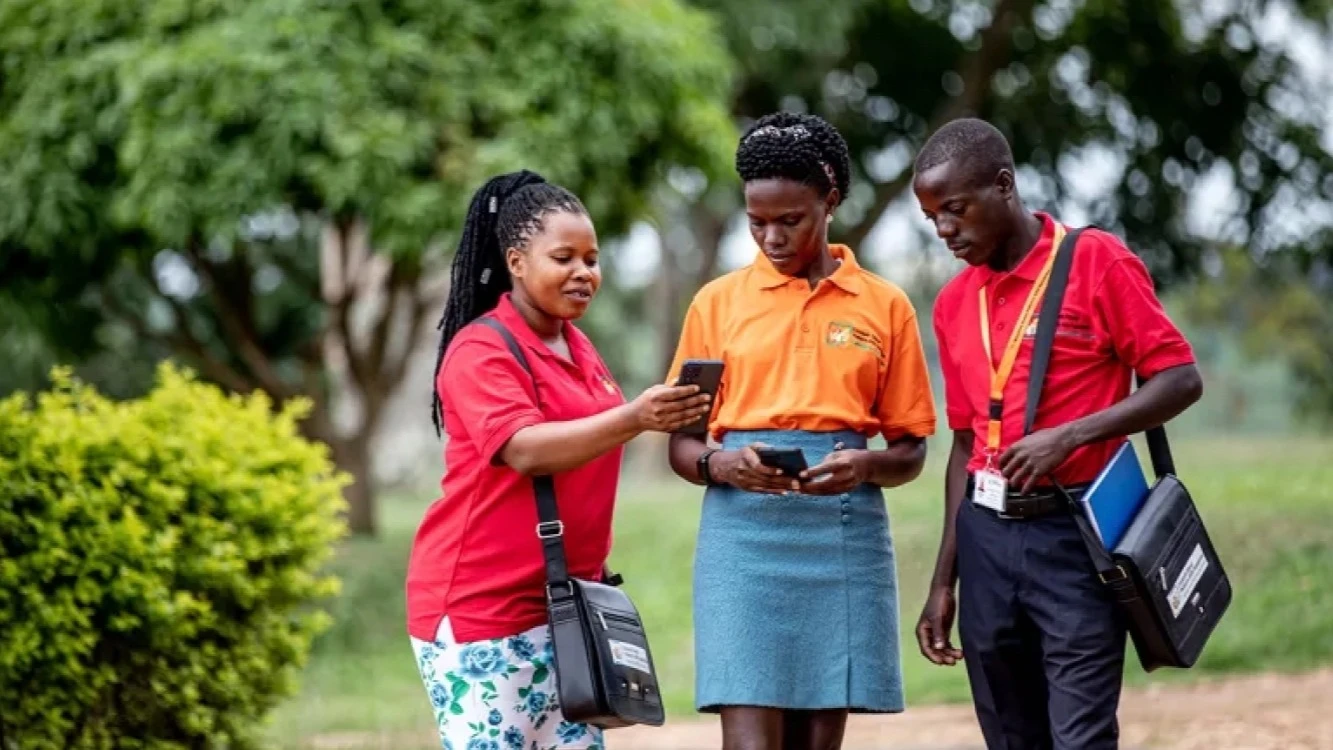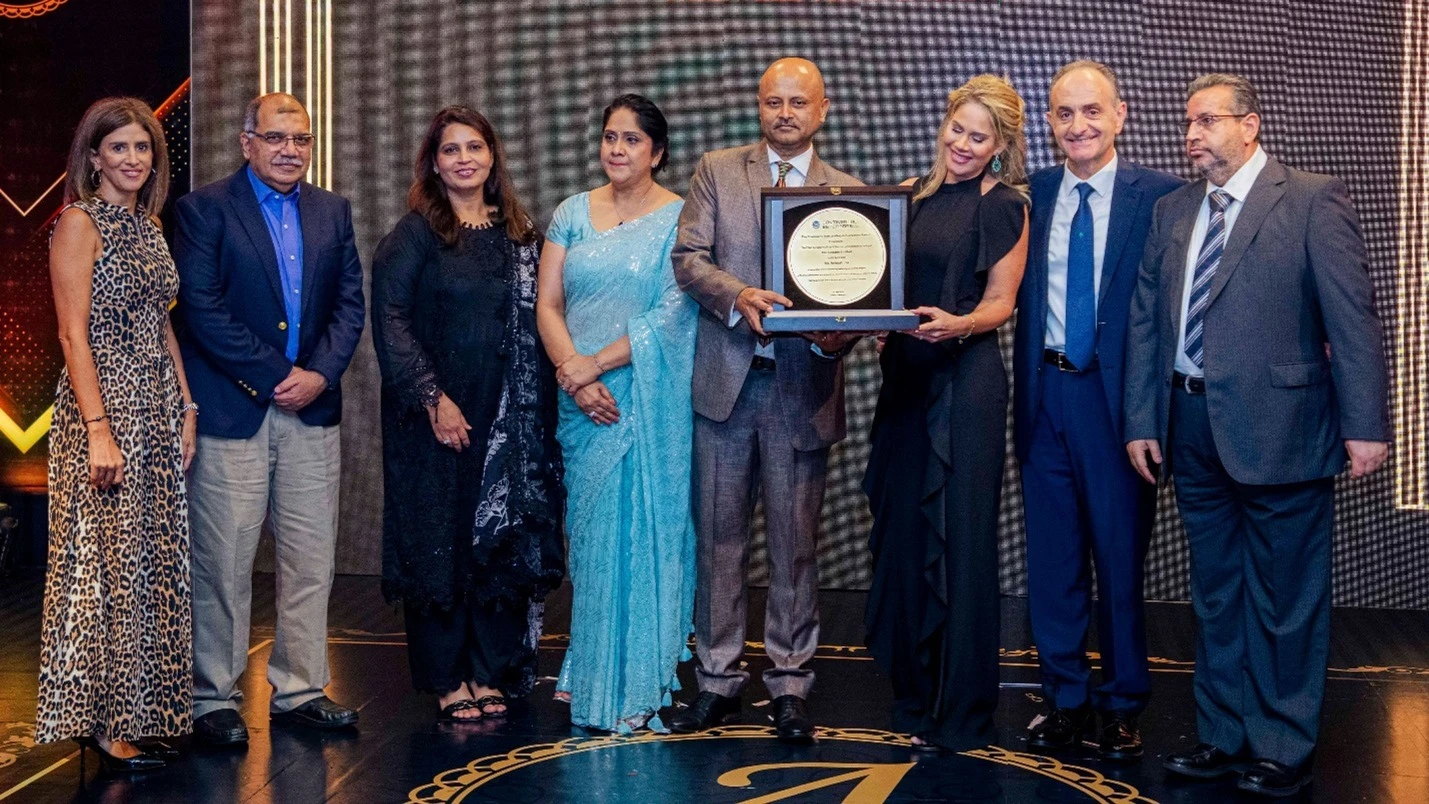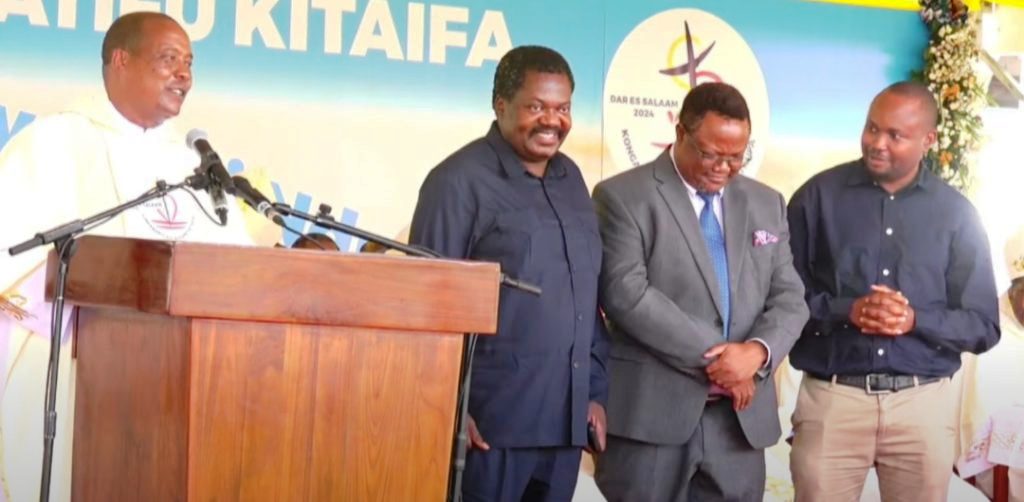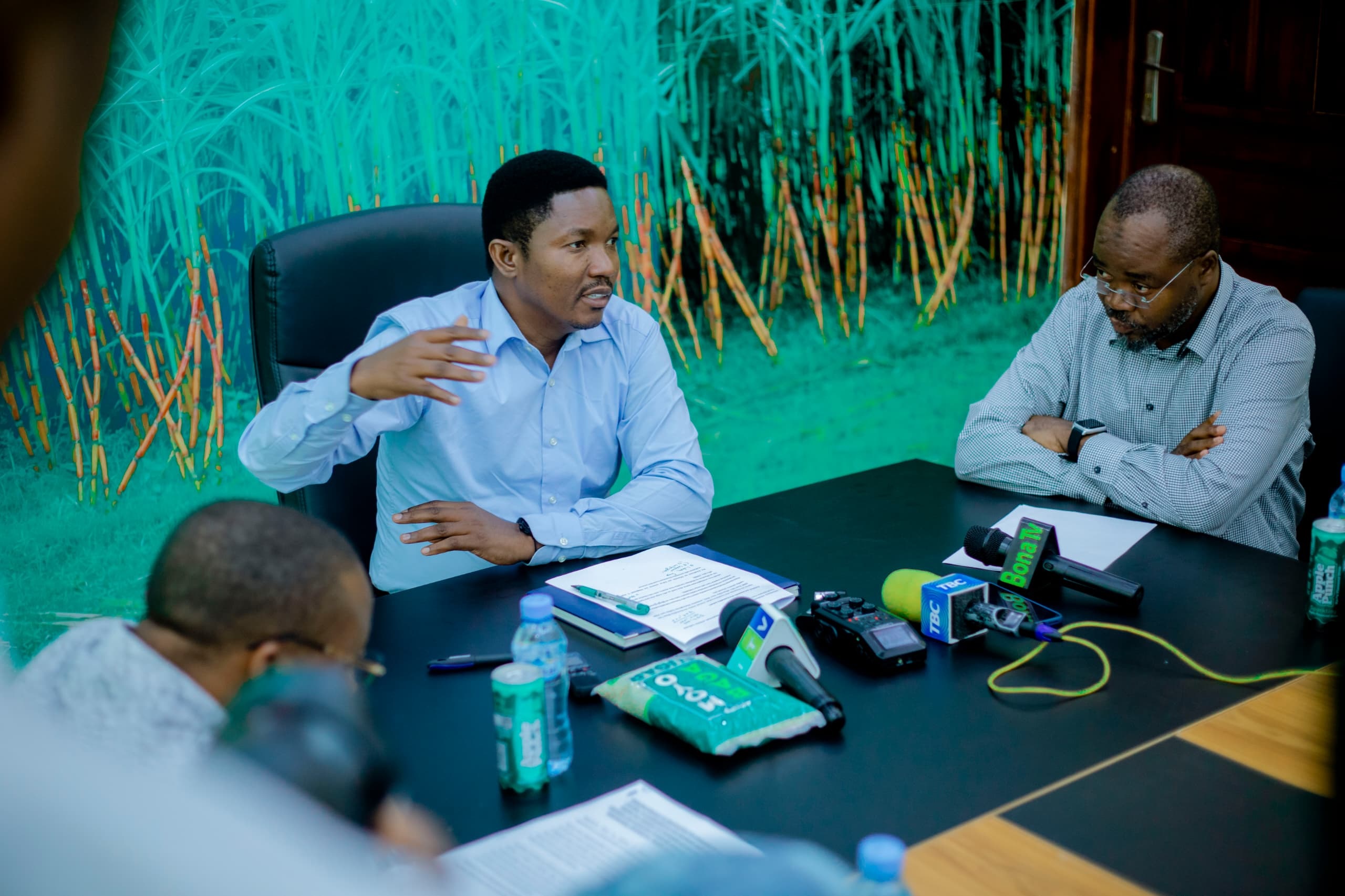Kili electric cars lauded for eco-friendly tourism
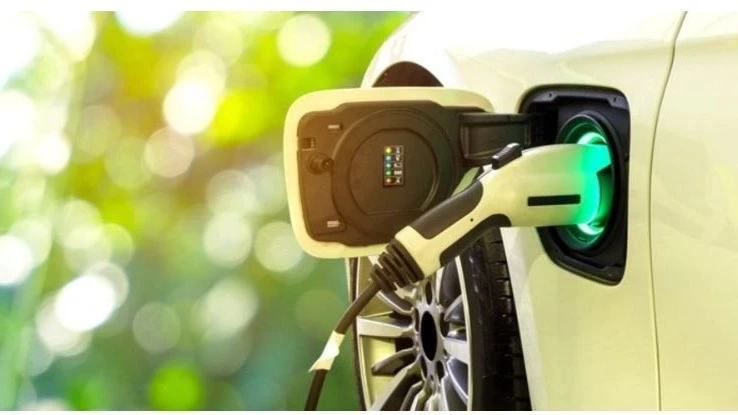
THE Mount Kilimanjaro Safari Club (MKSC) has captured the admiration of high-profile international travel writers with its substantial commitment to green tourism in the country’s northern circuit.
Carolina Saporiti, a travel writer with Vanity Fair Magazine at the weekend praised the club's innovative approach, as it introduced East Africa's first 100 percent electric safari vehicle in June 2018, two 4x4 safari cars that are entirely electric and entirely solar
It similarly operates ten solar-powered lodges and camps, reinforcing its dedication to environmental sustainability, where the writer highlighted how the silent electric safari vehicles enhance the safari experience by minimizing disturbances to wildlife.
“The special touch was to do a safari with electric cars, because the way you can approach the animals is unique,” she stated, remarking that traditional safari vehicles often alarm animals with their noise, whereas the electric cars have a more subtle impact.
“Electric cars reduce the impact of human presence,’ she said, projecting as the best approach for the future. “I believe this approach will become essential in tourism, promoting greater respect for both the planet and its inhabitants,” she asserted.
She said that her first visit to Tanzania exceeded expectations, with memorable encounters in Grumeti and awe-inspiring views of the Serengeti and Ngorongoro Crater.
She expressed a deep appreciation for Tanzania's biodiversity and the positive experiences facilitated by the club’s green initiatives, while French journalist Marjorie Cessac was enthusiastic with the club’s eco-friendly efforts.
Reflecting on a previous visit to the Serengeti 15 years ago, she pointed at a significant increase in tourism and safari vehicles, highlighting the need for electric vehicles to mitigate air and noise pollution.
“Tanzania needs to adopt electric cars to preserve its natural beauty amidst growing tourism,” she said, showing expectations that the benefits of electric vehicle technology will eventually extend to daily transportation in urban areas as well.
Spanish journalist, Ana Montañez from La Opinión de Málaga was similarly convinced of the potential of electric safari vehicles to create new job opportunities and enhance environmental protection.
“Tanzania offers a unique perspective on how we interact with animals, with respect and minimal intrusion,” she said, affirming that electric safari vehicles will become more affordable and widespread, benefiting global tourism.
Dennis Lebouteux, the club managing director, provided insights into the practical advantages of their electric vehicles, noting that despite a decrease in activity during the COVID-19 pandemic, the fleet of nine electric safari vehicles covered around 12,000 kilometers per month with minimal maintenance costs.
“Running an electric car can save approximately $8,000 to $10,000 annually on fuel,” he said, underlining the benefits of silent, eco-friendly vehicles that approach wildlife without causing disruption.
The club’s investment in electric vehicles aligns with a growing trend toward sustainable tourism, he said, highlighting studies showing that eco-friendly destinations are increasingly attractive to travellers.
For example, Costa Rica, recognized for its environmental efforts, attracted 3.14m tourists in 2019, twice Tanzania's 1.5m visitors, he said, pointing at the appeal of green tourism and its potential to attract more visitors.
|Investors say the E-Motion project, a collaboration between Hanspaul Group and Gadgetronix, is advancing Tanzania’s adoption of electric vehicles, with Hanspaul Group having decades of experience in fabricating safari vehicle bodies.
Gadgetronix specializes in energy solutions and solar farms, thus providing E-Motion with retrofit technology converting traditional vehicles into electric ones, enabling Tanzania’s entry into the electric safari vehicle market, after South Africa.
Neelkanth Govindji, the E-Motion general manager, said that the retrofit process to remove internal combustion engines with electric systems makes Tanzania a regional leader in eco-friendly safari tourism.
It sets a new benchmark for sustainable travel in the region, said club rirector George Meing’erai.
Top Headlines
© 2024 IPPMEDIA.COM. ALL RIGHTS RESERVED









